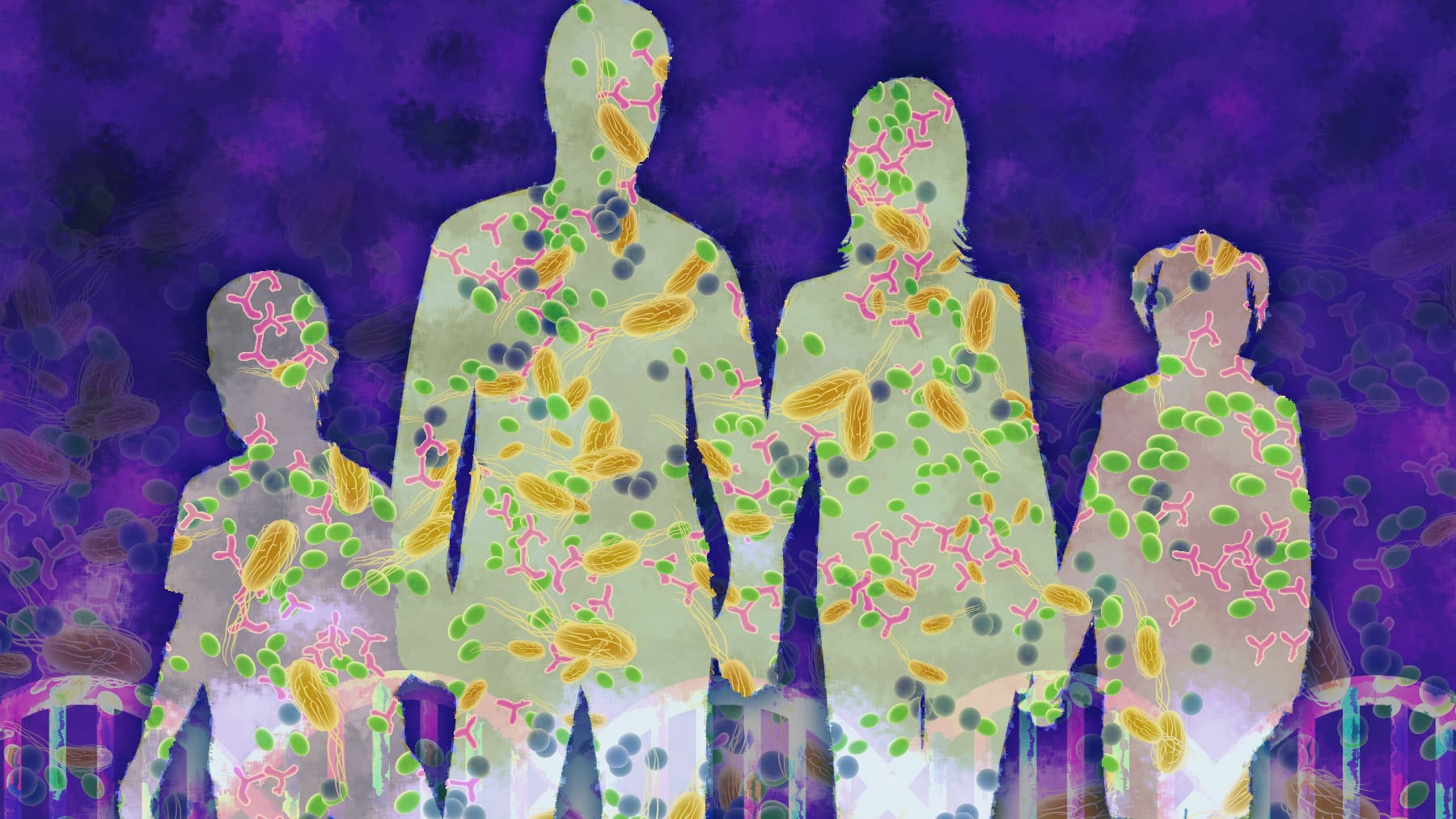Imagine being part of a medical revolution, not with scalpels and stethoscopes, but with the power of your, well, poop. As a stool donor, you contribute to cutting-edge research and life-saving therapies. This journey into the world of stool donation might seem unusual, but it’s surprisingly important. Let’s explore the ins and outs of becoming a stool donor.
Understanding the Importance of Stool Donation
The human gut is home to trillions of microorganisms—your microbiome—essential for health. Scientists are just beginning to unravel the mysteries of this complex ecosystem, and stool donation is a key that unlocks vital information. Why is it so important? Let’s delve into the two primary reasons.
The Power of FMT
Fecal Microbiota Transplantation (FMT), once a fringe idea, is now a groundbreaking procedure. It involves transplanting processed donor stool into a recipient’s gut to treat certain conditions, most notably recurrent Clostridium difficile infection (C. difficile). This infection can be debilitating and resistant to traditional antibiotics. FMT offers a potential cure, dramatically improving and even saving lives.
Fueling Microbiome Research
Beyond FMT, stool donations are crucial for research. Scientists are exploring the microbiome’s influence on everything from digestion and immunity to mental health. Each donation provides valuable data, potentially leading to new treatments and preventive measures for a wide range of diseases. Your contribution could be part of the next big medical breakthrough.
Becoming a Donor: What to Expect
So, you’re intrigued. How do you become a stool donor? Be prepared: it’s not easy. The screening process is rigorous, accepting less than 0.1% of applicants. This stringent selection ensures the safety and efficacy of donations for both research and FMT.
Eligibility Requirements: Joining the Elite 0.1%
The journey begins with a series of health screenings. You’ll likely fill out questionnaires detailing your medical history, lifestyle, diet, and medication use. Blood and stool tests are standard, checking for infectious diseases and assessing the overall health of your microbiome. Recent antibiotic use, international travel, and certain dietary habits can impact eligibility. Stringent as it is, this process ensures the quality and safety of donated material.
The Donation Process: From Collection to Contribution
Once approved, the actual donation process is relatively straightforward. You’ll collect a stool sample at home in a provided sterile container or using a convenient home collection kit. Some organizations may require daily donations, while others have less frequent schedules. Your donation is then carefully processed and analyzed to ensure it meets the stringent quality standards for research or clinical use.
Compensation: Reaping Rewards While Making a Difference
Donating stool isn’t just about altruism; it can also be financially rewarding. Compensation varies, with some organizations offering up to $1,000 per sample. Factors such as the rarity of your microbiome and specific research needs can influence the amount you receive. Some programs even offer bonuses for referring new donors. While the financial aspect is appealing, the real reward lies in knowing your contribution is helping others and advancing science.
Key Players in the Field
Several organizations are driving progress in microbiome research and FMT.
| Organization Name | Focus |
|---|---|
| Human Microbes | Connecting donors with recipients and healthcare providers |
| OpenBiome | Stool banking and FMT treatments |
| Number 2 Donor Programme | Converting stool into medicinal treatments |
The Future of FMT and the Human Microbiome
FMT and microbiome research are rapidly evolving fields. While FMT’s efficacy for C. difficile is well-established, research is expanding its potential applications to other conditions, including inflammatory bowel disease, irritable bowel syndrome, and even neurological disorders. The future of this field holds immense promise, and your donation can help shape that future.
Ethical Considerations
While stool donation offers significant benefits, it’s important to acknowledge the ethical considerations. Some experts raise concerns about the potential for exploitation, particularly with substantial financial incentives. It’s crucial to ensure donors are fully informed and not pressured, especially those from vulnerable populations. Ongoing research and ethical discussions are shaping best practices in this evolving field.
Conclusion: Your Role in the Scientific Revolution
Becoming a stool donor is a unique opportunity to contribute to a scientific revolution. It’s more than just providing a sample; it’s about participating in a movement that is transforming healthcare. While the stringent requirements and commitment may seem daunting, the potential to save lives and advance scientific understanding makes it a truly rewarding endeavor. If you’re interested in making a tangible difference, consider joining this incredible effort. Your contribution could be more impactful than you imagine. To delve into another example of customer-centric innovation, explore the Jetblue Airways case study.
- Unlocking 2-Letter Words with U: The Definitive Guide - April 4, 2025
- Unlock Words with the Letters THREE: Top Unscramble Tools 2025 - April 4, 2025
- Master Scrabble: X & Z Words for High Scores - April 4, 2025
















